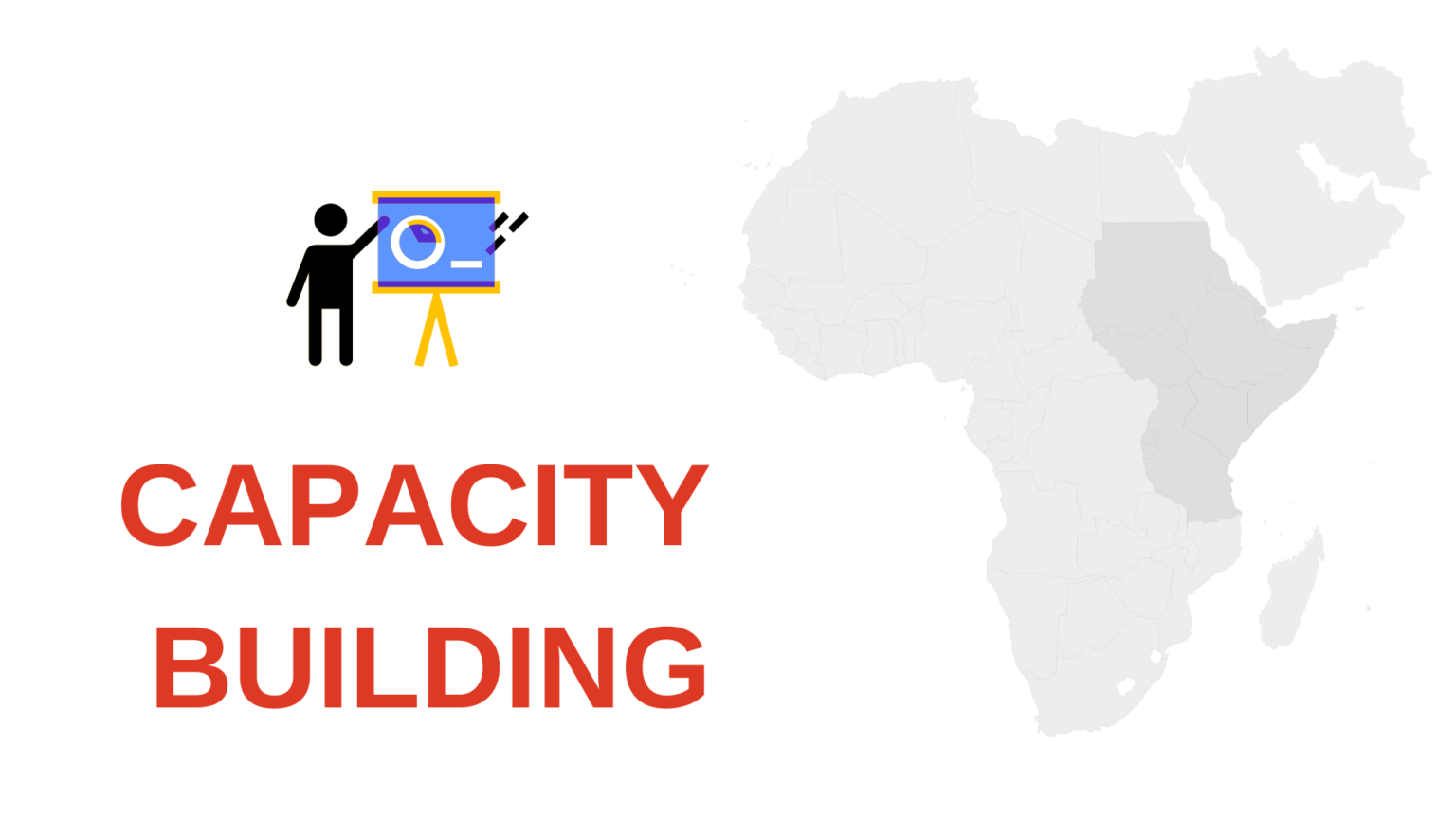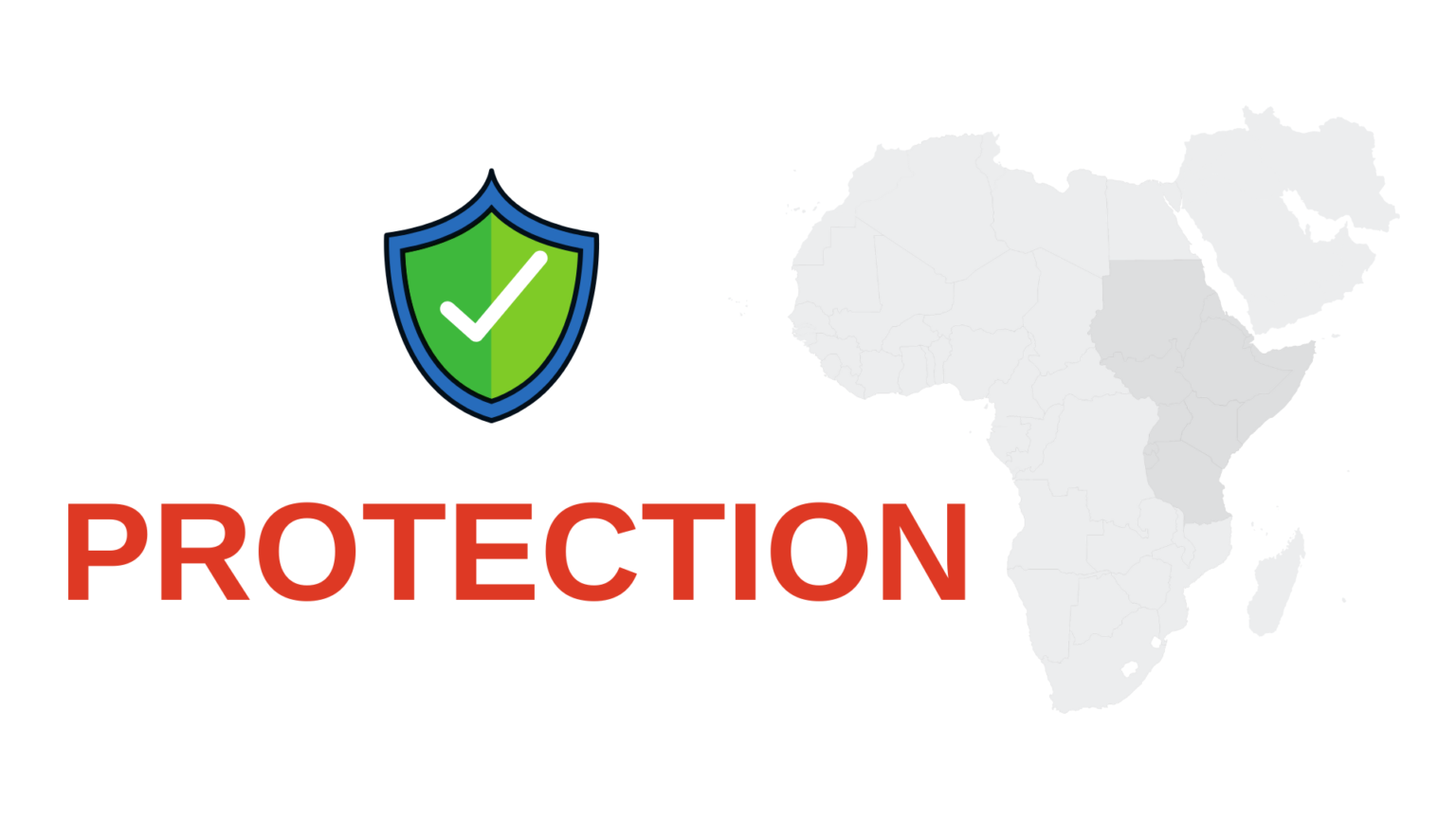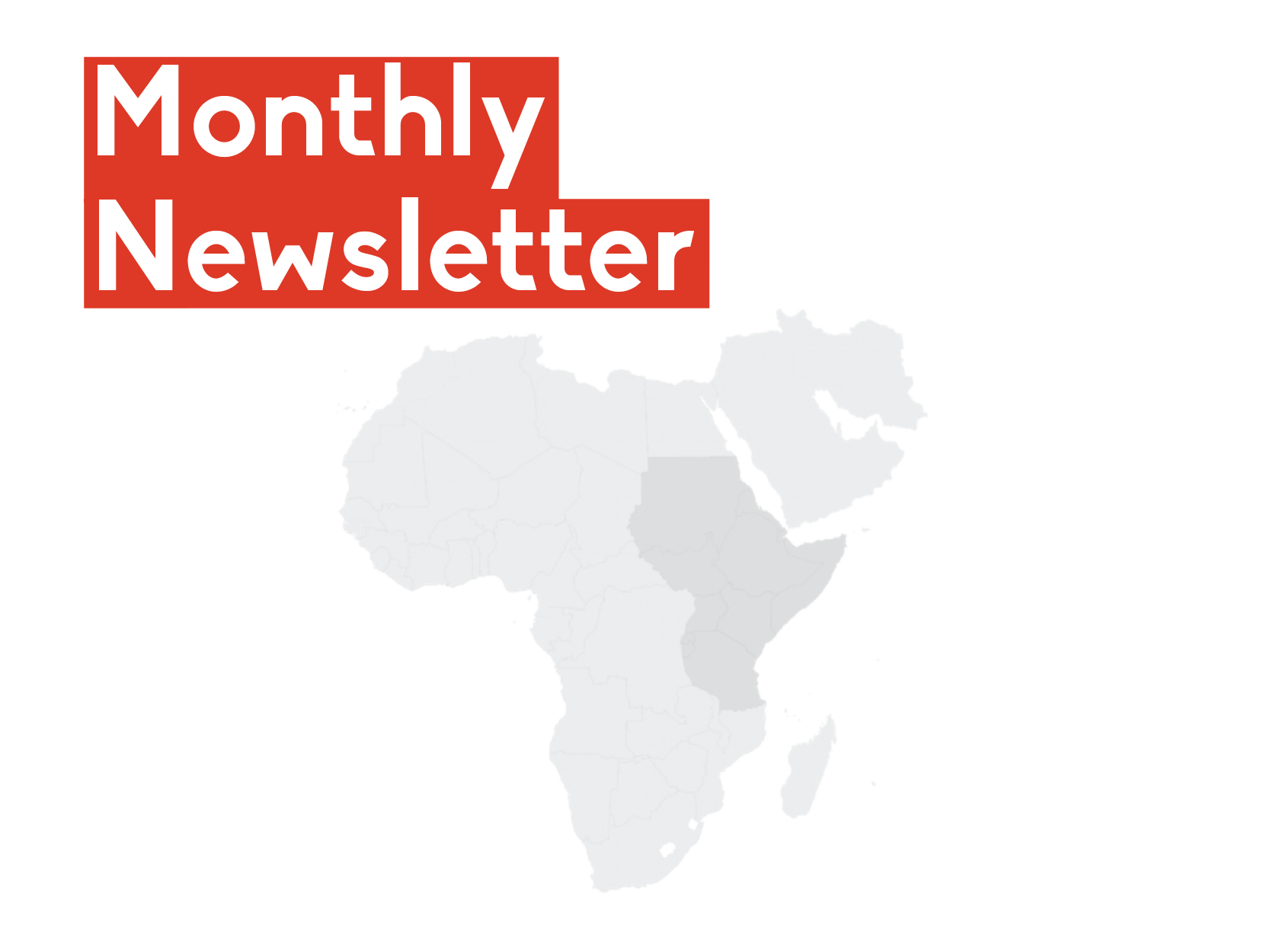Hello friends,
The right to peaceful assembly facilitates the exercise of other human rights including the rights to freedom of expression and to take part in the conduct of public affairs. This month we witnessed youth-led protests in Kenya, sparked by the hashtag #rejectthefinancebill2024, which drew global attention to the concerns of Kenyans regarding the proposed Finance Bill 2024. The Bill aimed to increase taxes and imposed new financial burdens on citizens. The young generation (Gen Z) demonstrated their commitment to holding the government accountable for what they perceived as unfair policies. Their activism underscores a strong inclination towards social and economic justice and highlights adept use of social media as a form of advocacy. However, the protests also saw the highhandedness of the Kenyan authorities with peaceful protestors violently dispersed, kidnapped and arbitrarily arrested for expressing dissenting views. Ultimately, the voices of the young Kenyans were heard by the President, and the Bill was withdrawn.
DefendDefenders continued its advocacy at the 56th Session of the Human Rights Council, with a focus on Eritrea and Sudan. With experience of engaging regional and international human rights mechanisms, DefendDefenders in partnership with the Office of the United Nations High Commissioner for Human Rights, Special Procedures and the African Commission on Human and Peoples’ Rights co- organized a side event highlighting the importance of collaboration and mutual learning between the UN and African human rights systems. The event focused on the Addis Ababa Roadmap, a framework that aims to enhance cooperation between regional and international systems. It underscored the benefits of collective action in addressing human rights challenges, such as those in Eritrea, and the need for coordinated strategies to achieve meaningful progress.
During the same month, I had the honor of presenting Her Excellency Karin Boven, outgoing Ambassador of the Netherlands to Uganda, with the Pan African Woman Award. Throughout her tenure, Ambassador Boven was a staunch advocate for human rights across Africa. Her efforts focused on raising public awareness, lobbying for legislative reforms, and supporting community-based organisations. In this same light , the Netherlands Embassy in Uganda is our longstanding partner in supporting DefendDefenders’ initiatives to enhance the protection of human rights defenders (HRDs).
Lastly, I extend gratitude to all partners, including national coalitions and sub-regional networks of human rights defenders, who ensure the safety and effectiveness of. Additionally, thank you to all development partners who relentlessly support protection of HRDS. DefendDefenders remains fully committed to its mission to enhance the safety and capacities of HRDs in the region for greater resilience and effective fulfilment of their mandates.
I invite you to turn the pages.
Hassan Shire,
Executive Director, DefendDefenders
Chairperson, AfricanDefenders
Human Rights Defender of the month:
Elizabeth Chyrum

Elizabeth Chyrum, also known as Elsa Chyrum, is an Eritrean human rights activist based in the United Kingdom (UK). For the past 26 years, she has been instrumental in raising awareness about the human rights abuses faced by Eritreans, including arbitrary detention, torture, and forced conscription, both within Eritrea and among Eritrean refugees and migrants.

From 3 -7 June 2024, DefendDefenders, in collaboration with the Ethiopia Human Rights Defenders Centre, conducted a training program in Ethiopia focused on communications for advocacy. The initiative aimed to enhance the skills, knowledge, and confidence of 20 HRDs in effectively using communication strategies for advocacy purposes.
From June 4 to June 7, 2024, DefendDefenders organised a joint training session in Kenya with CIVICUS focused on the Universal Periodic Review (UPR) mechanism. This training targeted 24 HRDs and aimed to enhance their advocacy skills in engaging with UPR recommendations effectively.
From 17 – 19 June 2024, DefendDefenders partnered with Meta to conduct an online training session aimed at enhancing the digital security skills of 15 HRDs from Kenya, Tanzania, and Uganda. The training focused on equipping the HRDs with the necessary knowledge and tools to effectively mitigate, manage, and respond to digital security risks and threats they face while working online.
From June 11-14, 2024, DefendDefenders, in partnership with Greater Internet Freedom (GIF), conducted an online basic digital security training with 10 participants from various civil society organisations in Uganda. The training focused on increasing the capacity of civil society organisations, media outlets, and individuals in both preventative and responsive digital safety approaches.
From June 19-21, 2024, DefendDefenders, in partnership with GIF, conducted an online advanced digital security training with eight participants from civil society organisations and media outlets. The training aimed to enhance the capacity of civil society and media to effectively perform their work by responding to and mitigating imminent digital security risks and threats.
From June 3-7 and June 18-21, 2024, DefendDefenders, in partnership with the Swedish Arts Council through the Ttala project, trained 12 participants on critical thinking, misinformation and disinformation, and effective advocacy. This training aimed to enhance the capacity of a community of artist HRDs to combat misinformation and utilise technology effectively through the provision of essential knowledge and skills.
From 10-13 June 2024, DefendDefenders, in partnership with Save the Children, conducted a digital security training in South Africa. Eleven HRDs were equipped with skills to improve the capacity of Save the Children RPU staff and their partners in digital and physical security.
On 14 June 2024, DefendDefenders conducted a digital security audit in South Africa. The audit aimed to conduct an organisational digital security assessment, identify any vulnerabilities, and provide a remediation plan for the identified issues.
From 3-4 June 2024, DefendDefenders carried out a digital security audit in Kenya. The audit focused on strengthening the organisational and technical capacity of individual HRDs and the organisation to effectively mitigate security risks and threats, ensuring the continuity of their operations.
From 5-7 June 2024, DefendDefenders conducted a digital security training for 9 HRDs in Kenya. The overall aim was to improve the capacity of Save the Children RPU staff and their partners in digital security management.
From June 17-21, 2024, DefendDefenders conducted a digital security training of trainers in Gulu, where 14 HRDs were trained. The training aimed to enhance the capacity of HRDs in training methodology for physical and digital security management.
From June 5-7, 2024, DefendDefenders’ Protection and Security Management team trained 10 HRDs from Greater North and Greater East Uganda, representing 5 organisations, in physical and digital security management. The training equipped HRDs with knowledge and skills to manage physical and digital security at both personal and organisational levels. Additionally, HRDs were supported and guided in the development and updating of their organisational security plans.
From 10-14 June 2024, the Protection and Security management team, together with the Technology team, carried out a TOT in physical and digital security management. 24 participants from 14 organisations were trained. The training equipped and improved the capacity of HRDs to effectively perform their work and to respond to and mitigate imminent risks and threats

We had a busy month of June at the UN Human Rights Council, which began its 56th session (HRC56) on June 18th. After leading civil society calls on Sudan (to extend the Fact-Finding Mission’s mandate) and Eritrea (to extend the Special Rapporteur’s mandate and strengthen the yearly resolution), the team performed in-person advocacy with HRDs.
A high-level side event on Eritrea was held with Hon. Dr. Litha Musyimi-Ogana of the African Commission on Human and Peoples’ Rights (ACHPR), the UN Special Rapporteur Dr. Babiker, former UN expert Clément Voule, and Elsa Chyrum, Director of Human Rights Concern – Eritrea. The event aimed to further advance the Addis Ababa Roadmap for UN-African human rights collaboration, emphasizing regional and international cooperation.
We also launched another report titled “Is the Tide Turning?”, which analyzes voting dynamics and patterns at the Human Rights Council. This comprehensive, evidence-based analysis focuses on states’ votes regarding Africa-focused resolutions, covering all resolutions on African countries ever adopted by the Council.
From 5- 6 June 2024, AfricanDefenders actively participated in the annual European Union Temporary Relocation Platform in Berlin, Germany. This year’s meeting focused on championing the sustainability of NGO work, addressing the needs of human rights defenders (HRDs), and tackling challenges faced by temporary relocation platforms (TRPs) in protecting HRDs. Key action points included engaging HRDs and communities in risk assessments, organising regular virtual expertise-sharing sessions with TRPs, providing psychosocial support for TRP staff, and advocating for funding for HRD protection mechanisms/TRPs.
From 18 to 20 June 2024, AfricanDefenders held its fifth annual Ubuntu Hub Cities Coordinators’ Workshop in Kasoa, Ghana. The workshop brought together coordinators from eight hub cities, secretariat members, HRDs, and international protection partners. It focused on addressing challenges such as ambiguous roles outlined in grant agreements and the large-scale displacement of HRDs due to regional crises in countries like Zimbabwe, Sudan, and Francophone West Africa. Proposed solutions included developing a crisis management framework, establishing local partnerships, and providing alternative communication tools. Stress management and self-care techniques were also emphasized, along with strategies for supporting the social and economic integration of relocated HRDs.

In June 2024, DefendDefenders received and handled 120 requests for support from HRDs at risk. Out of the total requests received; 46 (38 %) requests were approved (26 from male HRDs, 14 from female HRDs, 4 from Others, and 2 organisations). 63 beneficiaries indirectly gained from the granted support. For the approved requests, 18 requests were from Uganda, 12 from Somalia, 10 from Sudan, 3 from Burundi, 2 from DRC, and 1 from Kenya.
17 (14 %) requests were referred to various partner organizations, 35 (29%) requests were rejected, 1 (1 %) request was withdrawn by the activist, and 21 (18%) requests are still pending and under the verification process.
Country Updates
Uganda
The repression against environmental and human rights activists in Uganda worsened in the month of June, with 30 activists arrested for opposing the East African Crude Oil Pipeline (EACOP), a major infrastructure project aimed at transporting crude oil from Uganda’s oil fields near Lake Albert to the Tanzanian port of Tanga for export. Between 27 May and 5 June, eleven environmental human rights defenders, including Adriko Sostein, Julius Tumwiine, and Ezama Chirilo, were abducted, arbitrarily arrested, and detained while advocating against oil development projects in Kikuube. On 1 June, the Kikuube Resident District Commissioner summoned these defenders, where he made intimidating remarks, pressured them to write an apology letter renouncing future activism, and subsequently arrested them on 2 June.
Kenya
Kenya experienced escalating unrest due to widespread dissatisfaction with the $2.7 billion Finance Bill 2024, aimed at restructuring tax policies, public expenditure and revenue generation strategies. On 18 June, youth activists initiated peaceful protests demanding the suspension of the Bill and addressing concerns over poor governance. On 25 June, the demonstrations turned violent and resulted in the deaths of 22 protestors and injuries to over 200 others during a harsh crackdown by authorities. At least a dozen of journalists were attacked while covering the unrest. Authorities responded and detained over 627 individuals, and 32 cases of enforced disappearances were reported. Several activists went into hiding due to threats. During the unrest, there were significant reports of internet shutdowns and tensions. On 26 June 2024, Kenyan President William Ruto announced he would not sign the controversial Finance Bill into law. Despite Ruto accepting the primary demand to scrap the bill, protests continue in Kenya.
Somalia
Somalia witnessed escalating turmoil across multiple fronts. The conflict persisted with intensified clashes reported between Al-Shabab militants and Somali National Army forces in the central region. Al-Shabab’s alliance with Houthi extremists to bolster military capabilities heightened concerns about regional security and stability. Independent journalists faced increased risks and pressures, with reports of threats and censorship by the Somali government to suppress critical reporting. A Voice of America (VOA) report on 17 June 2024, highlighted that Al-Shabab had reversed gains made by the Somali National Army over the past two years, collaborating with Houthi terrorists. Despite being based on statements from senior US defense officials and other credible sources, the Somali Ministry of Information dismissed the article as “misleading,” stiflingly independent journalism. This underscores the challenging environment for media freedom in Somalia amidst complex security dynamics and international concerns over the country’s stability and governance.
Ethiopia
Ethiopia continued to grapple with conflict in the Amhara region with intensified clashes between government forces and rebel factions resulting in significant civilian displacement and numerous humanitarian challenges. Authorities tightened their grip on civil society through increased surveillance, arbitrary arrests, and harassment of activists and organisations critical of the government. Human rights organisations faced substantial interference and intimidation. The shrinking space in Ethiopia remains deeply concerning, with reports of journalists being arrested and increased restrictions on media freedom. On a positive note, three journalists—Belay Manaye of Ethio News, Bekalu Alamirew of Alpha TV, and Tewodros Zerfu of Yegna TV and Menelik TV—were released after being detained under state of emergency laws. The three spent between seven and ten months in detention.
Rwanda
As Rwanda approaches its Presidential and Parliamentary elections on 15 July 2024, authorities intensify crackdowns on opposition groups and civil society with threats of physical harm, arbitrary judicial proceedings, and lengthy prison sentences to deter Rwandans from engaging in opposition activities. Only two people Frank Habineza of the Democratic Green Party and independent Philippe Mpayimana have been cleared to run against President Kagame by the Electoral Commission. The same three men competed in the 2017 presidential election. Several opposition figures have been barred from running including Diane Rwigara, the leader of the People Salvation Movement (PSM), a fierce critic of Kagame. The Electoral Commission cited her failure to provide correct documentation on criminal records and insufficient supporting signatures as justification for their decision.
Tanzania
Tanzania’s civic space remains challenging, particularly regarding the treatment of journalists. Journalists critical of sensitive issues, such as government misconduct, continued to face arrests. On 13 June 2024, police arrested journalist Dinna Maningo at her Tarime home for allegedly publishing classified intelligence. They confiscated her equipment and forced her to retract her statement. Maningo had reported sexual misconduct allegations against Regional Governor Dr. Yahya Nawanda. After her arrest, authorities detained two more journalists under unclear circumstances.
Sudan
Sudan saw a surge in violence, particularly in North Darfur, marked by increased air strikes and Rapid Support Forces (RSF)-perpetrated violations such as sexual and gender-based violence (SGBV), attacks on journalists and restrictions on civic space which have worsened the humanitarian crisis. As of 26 June 2024, over 40,000 deaths and 5,000 injuries were recorded according to Sudan Doctors’ Union. The violence has prompted more than 13,000 civilians to flee, due to incidents of killings, rape, and looting.

